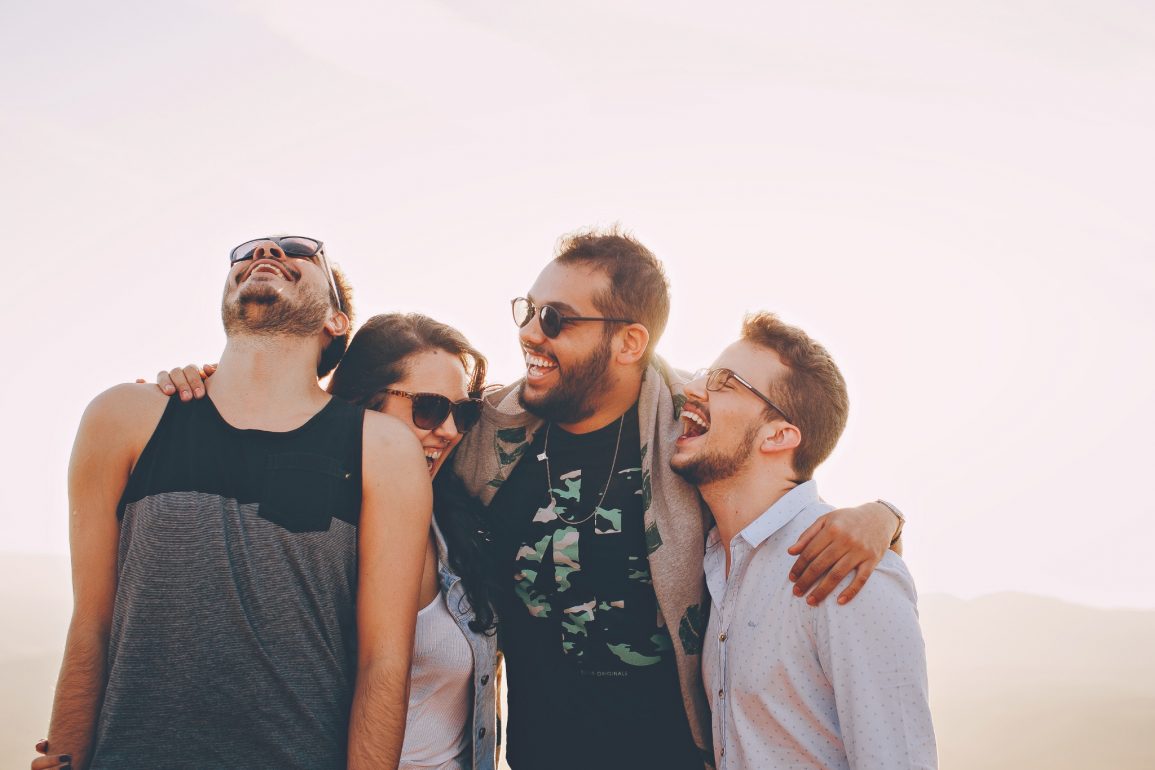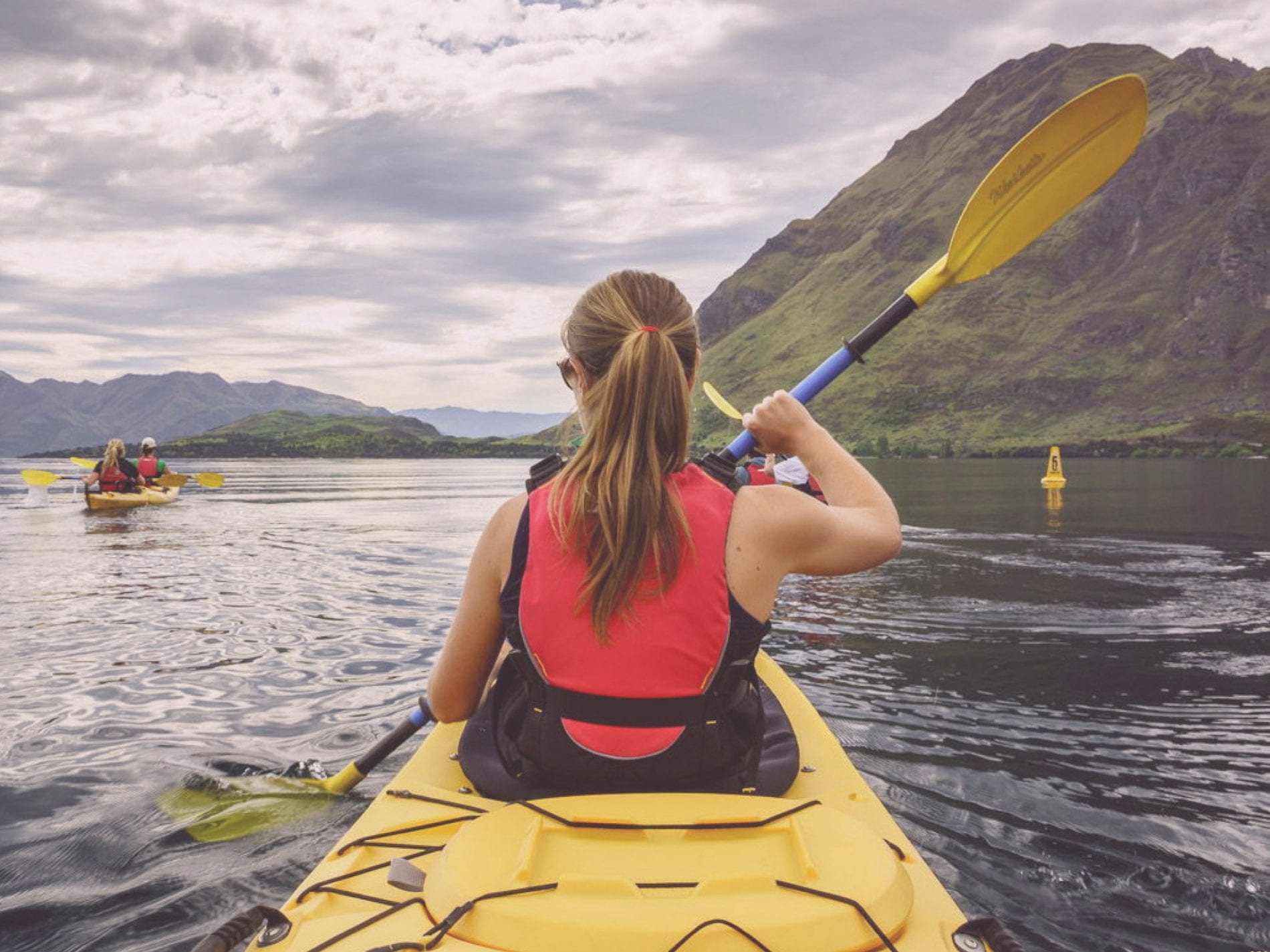If you’re planning a trip abroad one of the most important considerations you can make it how to keep yourself out of harm’s way during your trip. Wherever you’re going, and whatever your itinerary, if you keep your wits about you it’s likely you’ll come home with a backpack full of memories and a journal bursting with tales of adventure.
While paranoia should never hinder your travels, precaution and common sense are two additions to your packing list well worth the additional checks and balances they require.
Think you’ve got you’re the perfect plan for personal safety abroad?
I’ve collated some of the most effective travel hacks for safe and stress-free travel, and I recommend that you utilise them next time you head out in search of adventure.
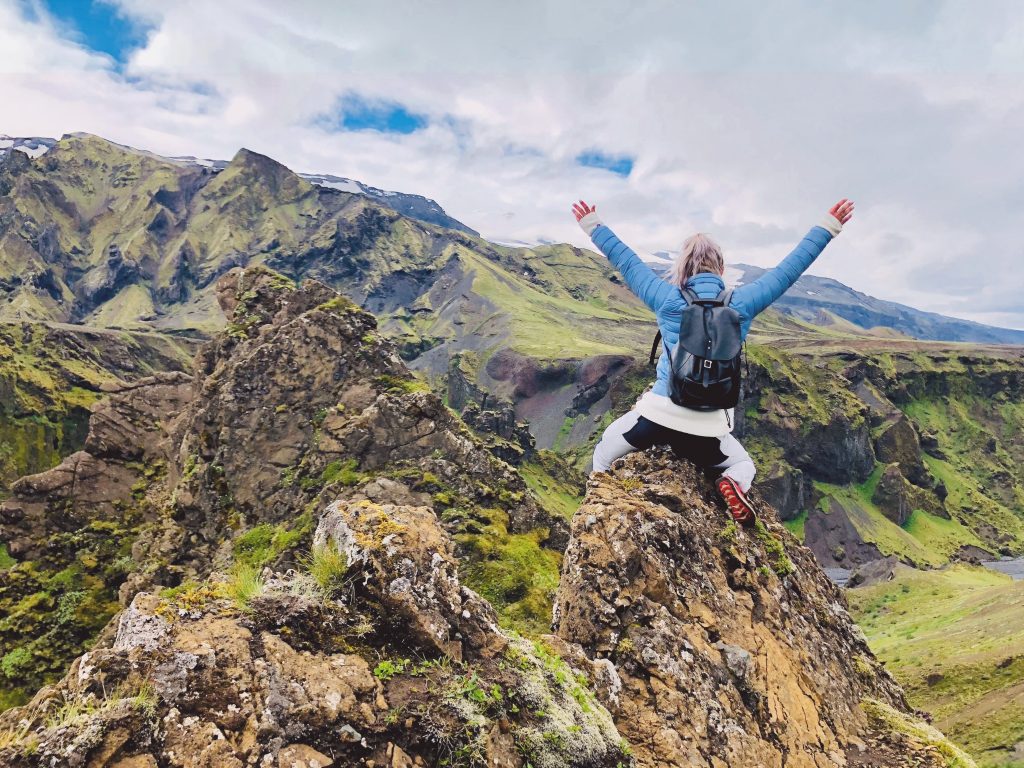
Get into the habit of making sure you have all of your belongings
Whether you’re getting ready to leave the departure lounge at the airport or checking out of a hotel, a system by which you ensure you’ve picked up and packed all your belongings could save you the hassle of lost and left behind items.
If like me your memory is terrible, try improving your mental function with the help of specialised brain-training apps, or developing a routine that you get into the habit of doing every time you get up to leave.
I find that keeping my essentials (cash, passport, phone) in the same place each time I travel enables me to do a quick mental check, and I always look back to where I was sitting/standing before I leave a café or departure lounge. That final check has saved my bacon on a number of occasions.
Stock up on any vital medications before leaving home
If you have a prescription for a particular medicine that you have to take regularly it’s a good idea to have a plentiful supply that will cover you for the duration of your trip. You can call into your local pharmacy or order from a reputable online pharmacy if you’re running out of time and need next day delivery.
It’s also wise to have a basic first aid and medical kit with you if you’re heading off to a remote location or to a country where you are unfamiliar with the language.
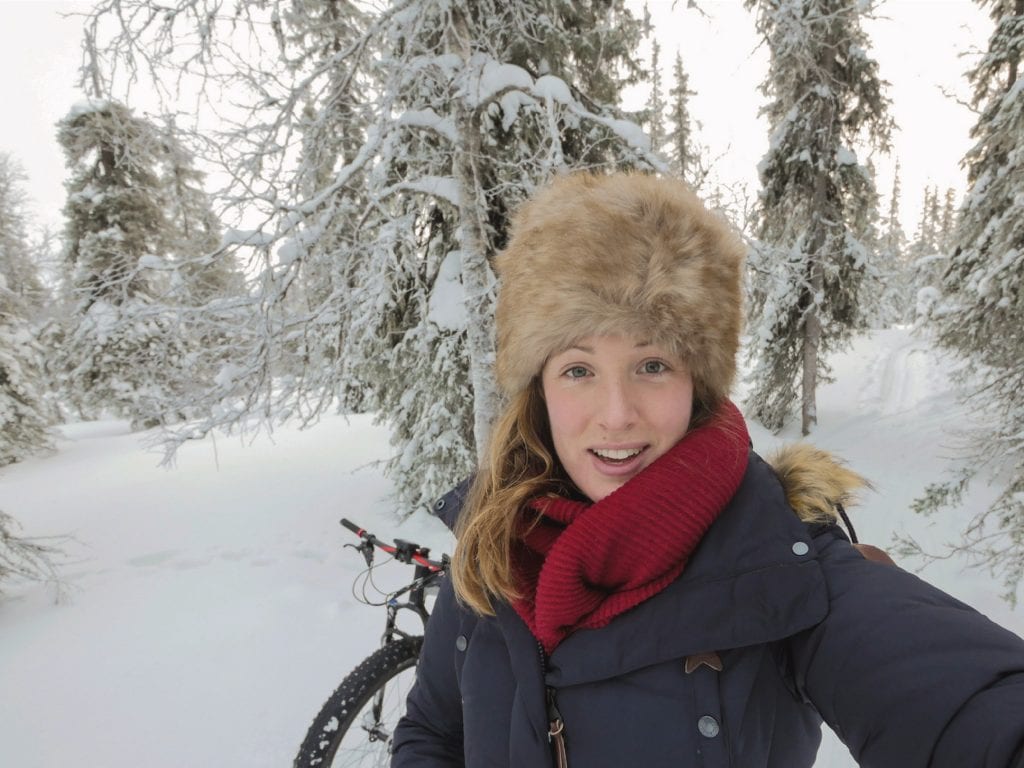
Don’t give out your personal information or details of your itinerary to strangers
You might feel like you know them well, but it’s probably not a good idea to tell that couple you met on the beach yesterday your life story, or the finer details of your trip.
In fact, it’s perfectly rational to come up with a fake story to tell anyone who seems alarmingly interested in you or your situation. They may genuinely be interested but the person behind them could be making notes.
Buy suitable travel insurance
Travel insurance is offered at a number of coverage levels and with the increased coverage comes additional cost. If you’re on a budget consider savvy ways to get yourself and your belongings covered.
If you’re a UK resident, Lloyds bank offer a platinum current account that comes with the added value of AXA’s worldwide and winter sport travel insurance. However, check the terms and conditions and speak to the bank prior to travelling to ensure that you would be covered if you needed to claim.
In my mind basic health insurance is a must, you can replace material items but life-saving surgery is something you literally can’t live without. Some countries actually stipulate that all visitors should hold a health insurance policy, and can refuse entry should you not have the right coverage. Here’s a guide to those countries.
Don’t flash your cash or dress to impress
Waving wads of money around and dressing like a New York socialite is going to get you noticed by all the wrong people. Be savvy with your cash and understated with your dress code.
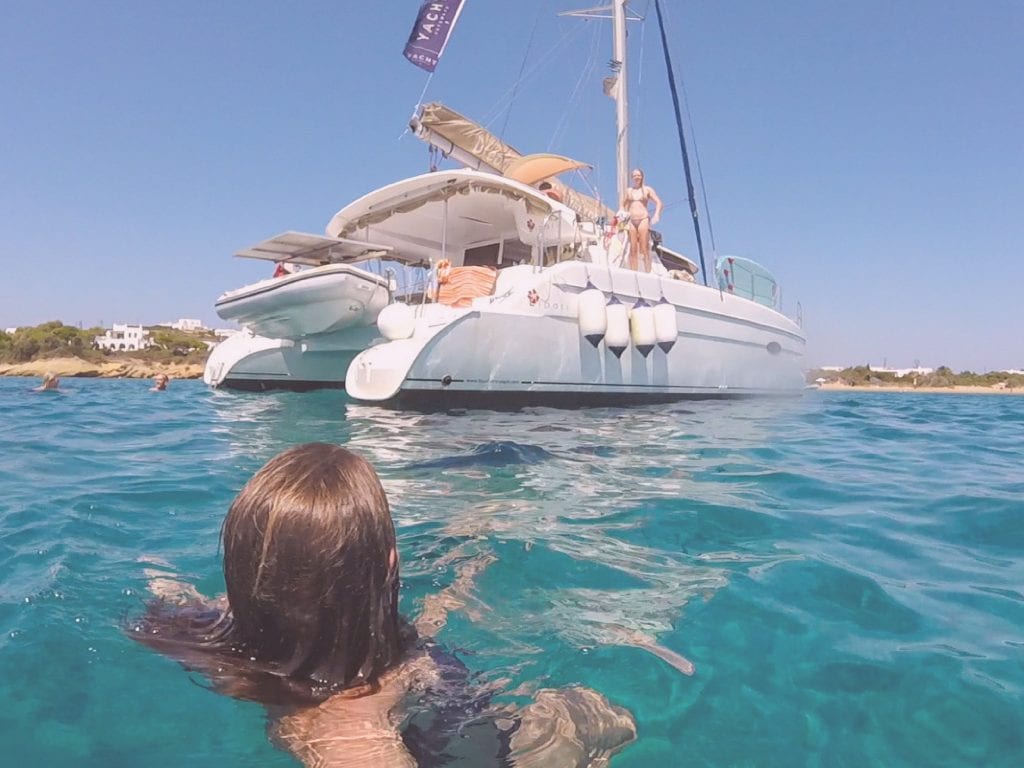
Have a decoy wallet and use a money belt
I wouldn’t suggest that this precaution was necessary in every country you visit, however if street crime is a concern carry your valuables in a money belt and put a decoy wallet in your pocket with an old credit card and a small amount of cash. In the event that you’re mugged you can hand over the cash and hopefully escape the event without major incident.
Leaving your smart phone at home, or in your hotel, could also be a wise move. Put your SIM in a cheap mobile phone so that not only do you not look like a wealthy target, but should you find yourself with the need, you can hand it over without concern.
Of course, if you do find yourself in a situation where you need to hand over your belongings to an attacker. Just do it, decoy or no decoy. There’s nothing in your wallet that is worth risking your life for.
If you’re travelling solo consider wearing a wedding ring
If you’re travelling along and you’re concerned that you may be a target for unwanted affections, wearing a faux wedding ring can assist in relieving you from uncomfortable situations.
Don’t make yourself a target for theives
Do your best to blend in with the local crowd and avoid drawing attention to the fact that you’re visiting the location. Map holding, camera pointing tourist is not the look you’re going for.
Don’t take drugs or get drunk. That’s great general health advice, but you add the risk of attack to the host of health concerns when you’re inebriated in unfamiliar territory.
Be wary of charitable strangers who pop out of thin air and try to help you with an unlikely problem.
Back up your data and have digital copies of important documents
This goes for emergency contacts, copies of travel documents and ID, as well as any data you have stored on your smart devices. In the unlucky event that you lose or have your possessions taken, ensure you’re only loosing material items and not irreplaceable information.
Should you find yourself in the situation where your online accounts could be compromised, log in and change your passwords ASAP.
Figure out a plan for the worst case scenario
If possible, put together a plan that you can follow should the unthinkable happen while you’re abroad. Wherever you are figure out what you would do if you found yourself in an emergency situation. Where would you go first? Who would you call? How could they help you? Knowing where your country’s embassy is could also be of great help in a sticky situation.
INSPIRED? PIN THIS POST TO YOUR TRAVEL PINTEREST BOARD NOW!
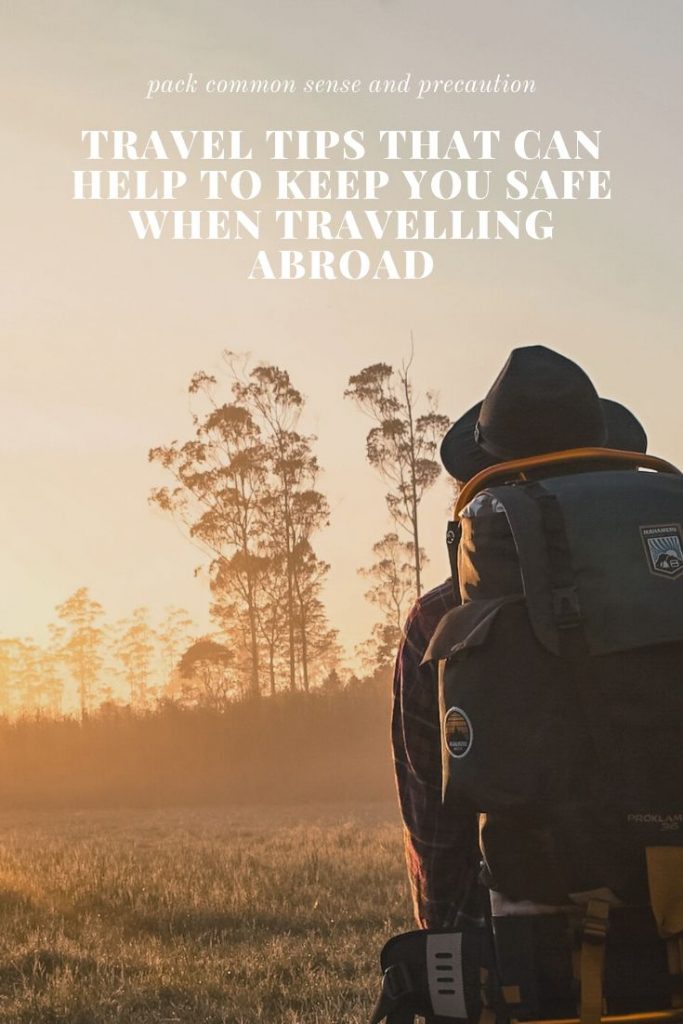
Do you have any recommendations for staying safe when you travel?

